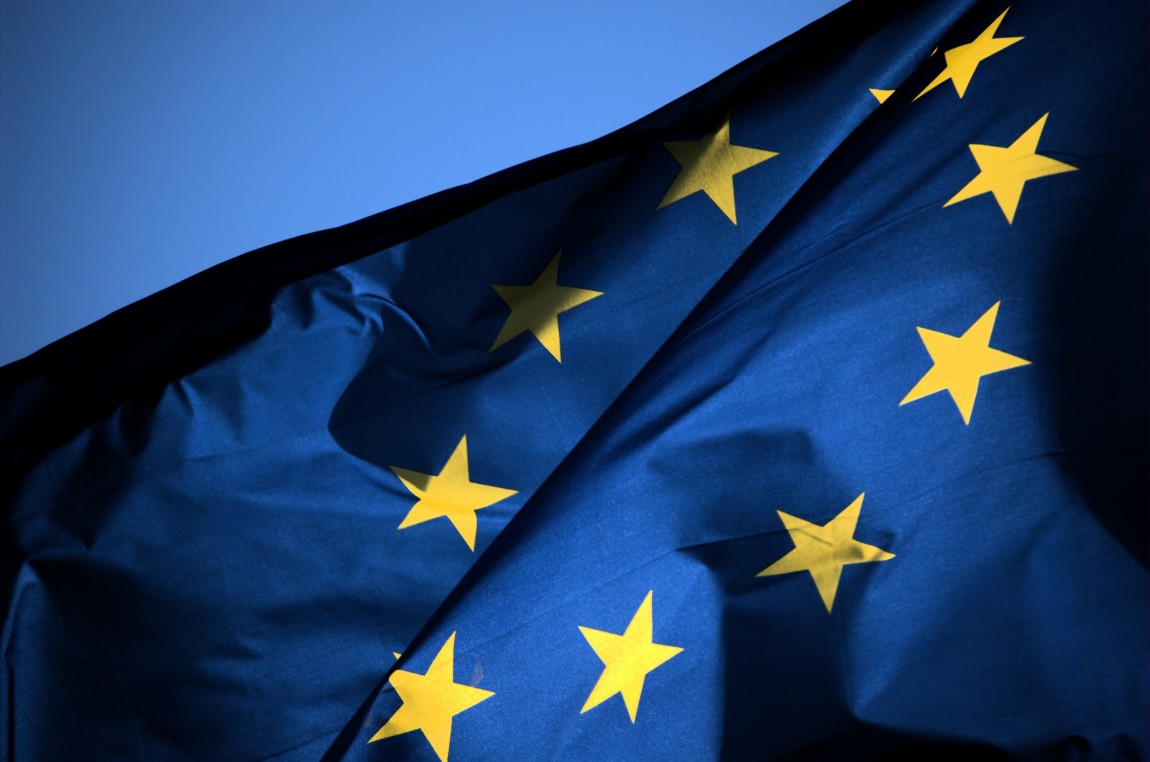
Principle of Subsidiarity. Is it working?
The limits of Union competences are governed by the principle of conferral. The use of Union competences is governed by the principles of subsidiarity and proportionality. […]
Under the principle of subsidiarity, in areas which do not fall within its exclusive competence, the Union shall act only if and in so far as the objectives of the proposed action cannot be sufficiently achieved by the Member States, either at central level or at regional and local level, but can rather, by reason of the scale or effects of the proposed action, be better achieved at Union level.
The institutions of the Union shall apply the principle of subsidiarity as laid down in the Protocol on the application of the principle of subsidiarity and proportionality. National Parliaments ensure compliance with the principle of subsidiarity in accordance with the procedure set out in that Protocol. (Art. 5 TEU)
It is not an easy task to flash out the real field of application of the principle of subsidiarity. For sure, in a multilevel system like the European Union, this principle is the very element that connects the different levels of governance and government and that is why it has a very important role in its functioning, creating a link between the EU’s centre and the periphery to create the ‘Union’. It aim at the protection of the Member States’s autonomy and of their sub-national authorities from unnecessary Union action. Accordingly, the inclusion of subsidiarity in the Treaty on the European Union among the common provisions on which the Union legal order is found, along with the strong reference to subsidiarity in the Preamble to the Treaty, confirm the generally accepted idea that subsidiarity must be seen as a “Constitutional Cornerstone” of the EU.
As time went by the application of such a principle has encountered many difficulties and the ECJ’s case law has been very ambiguous. With the entry into force of the Lisbon Treaty there are new possibilities for the MSs to have a proactive attitude and a greater role inside the “legislature machinery”. Indeed, protocol No. 2 states that a national parliament or one of its chambers may issue a reasoned opinion regarding subsidiarity aspects of a legislative proposal. These reasoned opinions may trigger the yellow card procedure, forcing the Commission to review its proposal, or the orange card procedure, where the Parliament or Council can block the proposal. Finally, under art 8 of the Protocol there is the possibility of a judicial review limits to the legal principle of subsidiarity. These procedures have some potential as legislative protections for subsidiarity. So far, national Parliaments have only three times collectively opposed to European Commission proposals by giving a yellow card. The Commission withdrew its proposal for a Council Regulation on collective action after the yellow card procedure was activated, though it declined to do so in the case of its proposal for a European Public Prosecutor’s Office; the third, on the Commission proposal to revise the posted workers Directive, is still pending. However, these mechanisms only provide some limited protection of State autonomy.
We can find two different dimensions to the principle of subsidiarity potentially conflicting or complementing each other. The first dimension is the protection of the mutual autonomy and of their own spheres of responsibility of the different levels of government. The second dimension is the cooperative dimension promoting participation of multiple players in the decision-making of the central authority.
By far the most significant application of the principle is its consideration as part of the EU legislative process. This process involves both EU institutions and the parliaments of the MSs. There is room for manoeuvre. Indeed, for each European Union’s legislative proposal, we can find four kinds of parliamentary procedures:
First, each ‘Chamber’ can directly address its own Government to be more involved in the procedures;
Second, each ‘Chamber’ can send ‘contributions’ to the Commission and to the other Institutions – in a cooperative way – on the merit of a proposal;
Third, each ‘Chamber’ has to control the respect of the Principle of Subsidiarity, with the possibility of sending a reasoned opinion and, if reached the thresholds, to start a yellow or orange card procedure;
Finally, they can address their Government to bring a claim before the ECJ.
There are plenty of possibilities to the NPs. So, why this is not working? One of the problems is that Protocols No 1 on the role of the national parliaments and No 2 on the subsidiarity and proportionality principles doesn’t apply to the EU non-legislative acts (i.e. the delegated and implementing acts). Therefore, the determination of an EU legislative act/non-legislative act has a very big impact on the right of recourse to the control mechanisms. Another problem is the fact that by importing a stratum of domestic politics into the EU terrain, there could be a re-nationalization of the EU. And on top of that, the amount of time given to NPs is very short and their arguments are mostly politically motivated.
The future of the early warning mechanism and the political dialogue lies in their fundamental reform. This is demanded because the meaningfulness of the NPs’ involvement in EU decision making is severely reduced by their engagement in subsidiarity monitoring in a way that is disproportionate to the policy impact of the EU legislative outcomes. But, without a revision of the Treaties, the future development of the principle depends on the political will of the Juncker Commission to yield to NPs’ demands. In the meantime, this system should be seen as a political dialogue regarding constitutional issues, and not as a veto system. This dialogue should be focused on questions relating to the distribution of competences between the EU and the MSs, but it should not be limited to subsidiarity in the strict sense.
Salvis Juribus – Rivista di informazione giuridica
Direttore responsabile Avv. Giacomo Romano
Listed in ROAD, con patrocinio UNESCO
Copyrights © 2015 - ISSN 2464-9775
Ufficio Redazione: redazione@salvisjuribus.it
Ufficio Risorse Umane: recruitment@salvisjuribus.it
Ufficio Commerciale: info@salvisjuribus.it
***
Metti una stella e seguici anche su Google News
The following two tabs change content below.
Oreste Cirillo
Ultimi post di Oreste Cirillo (vedi tutti)
- Case C-263/08. Which role for NGO’s? - 22 Settembre 2016
- Principle of Subsidiarity. Is it working? - 20 Luglio 2016
- EU Court split on the ban on wearing a veil - 19 Luglio 2016







